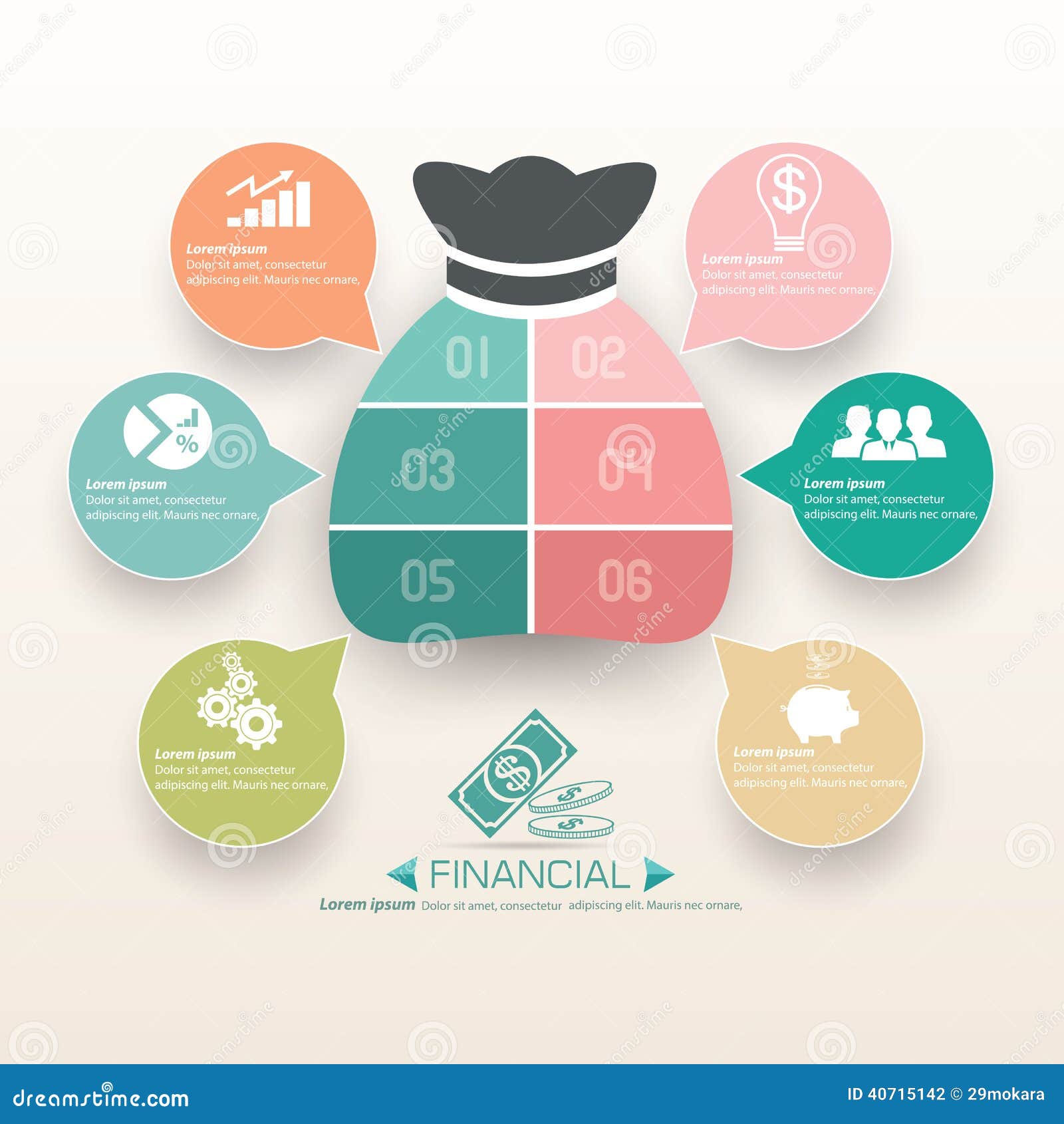The Repercussions Of Stopping Working To Fulfill Efficiency Bond Commitments
The Repercussions Of Stopping Working To Fulfill Efficiency Bond Commitments
Blog Article
Web Content Author-
When a guaranty problems a performance bond, it ensures that the principal (the party that acquires the bond) will fulfill their obligations under the bond's terms. If the primary stops working to satisfy these obligations and defaults on the bond, the surety is responsible for covering any kind of losses or damages that result.
1. visit the next post of reputation: Back-pedaling an efficiency bond can damage the principal's credibility and integrity, making it more challenging to safeguard future organization or financing.
2. Legal and management costs: The guaranty might need to pay legal and administrative costs connected with going after the principal for problems or trying to rectify the circumstance.
3. Financial losses: The guaranty might need to cover the expense of completing the task or offering the solutions that the principal failed to supply. This can result in significant financial losses for the guaranty.
4. Raised costs: If the principal has a background of defaulting on performance bonds, they may be required to pay greater premiums in the future to obtain the necessary bonding.
Overall, defaulting on an efficiency bond can have significant economic repercussions for both the principal and the guaranty. It's important for principals to thoroughly consider their commitments and ensure they are able to fulfill the regards to the bond to stay clear of these unfavorable end results.
Back- Suggested Resource site can be an expensive bad move for companies. When you stop working to satisfy the bond's commitments, the monetary effects can be considerable. From paying the full bond total up to prospective legal battles and damaged connections, the consequences can resound throughout your service procedures. Understanding the detailed internet of economic influences that back-pedaling an efficiency bond can have is important for securing your company's financial health and credibility.
Financial Penalties for Defaulting
If you back-pedal an efficiency bond, you'll likely face substantial punitive damages. https://canada.constructconnect.com/dcn/news/government/2022/09/legal-notes-court-of-appeal-ruling-reduces-the-surety-of-surety-bonds can differ depending on the regards to the bond arrangement but often include paying the bond amount in full to the obligee. This indicates that if you fall short to accomplish your legal obligations, you need to pay the bond amount to the job owner or the entity that needed the bond.
Additionally, you might also be in charge of any added costs incurred by the obligee as a result of your default, such as discovering a substitute professional or covering project delays.
Defaulting on an efficiency bond can likewise result in legal fees and court prices if the obligee decides to take lawsuit versus you to recuperate the bond amount. These costs can rapidly build up, additional worsening the monetary influence of your default. It's important to very carefully evaluate and recognize the regards to the efficiency bond to stay clear of these severe punitive damages.
Effect On Organization Cash Flow
Back-pedaling an efficiency bond can substantially affect your organization cash flow, impacting monetary stability and functional capacities. When you default on an efficiency bond, you run the risk of losing the bond quantity, which can be a significant sum. This loss straight influences your cash flow, as you'll need to discover different resources of funding to cover the bond amount. Moreover, failing can bring about raised examination from sureties, making it harder and extra pricey to safeguard bonds in the future. This can better strain your capital as you may need to allot extra resources to fulfill bonding requirements.
The influence on your cash flow does not quit there. Defaulting on an efficiency bond can also lead to project hold-ups or terminations, leading to a loss of earnings. Furthermore, the adverse track record that comes with defaulting can deter prospective clients, even more lowering your capital. Overall, defaulting on a performance bond can have harmful effects on your service's financial health and wellness and capability to run smoothly.
Legal Implications and Legal Actions
Facing lawful ramifications and possible legal actions because of back-pedaling an efficiency bond can substantially impact your company's track record and monetary standing. When you back-pedal a performance bond, the guaranty business might take legal action to recoup the bond amount paid out. This might result in costly lawful fees, court costs, and potential negotiations or judgments versus your service.
Moreover, back-pedaling an efficiency bond may cause damaged relationships with clients, subcontractors, and distributors, impacting your capacity to secure future contracts. Suits arising from bond defaults can stain your business's integrity in the sector, making it challenging to attract brand-new companions or consumers.
In addition, if the default causes a court judgment versus your business, it might lead to possession seizure or liens, further stressing your monetary stability. Consequently, it's essential to recognize the lawful ramifications of back-pedaling a performance bond and take aggressive actions to mitigate the dangers involved.
Verdict
As you encounter the effects of defaulting on an efficiency bond, remember this: it's like walking a tightrope without a safety net. https://beckettvfoyi.blogchaat.com/26559990/open-the-portal-to-realizing-the-essential-function-of-court-bonds-in-supporting-judicial-procedures-and-securing-financial-stability can send you plunging into a monetary freefall, without method to quit the loss.
The punitive damages, cash flow impact, and legal implications are all waiting to capture you if you slip up. So walk very carefully, and constantly recognize your dedications to avoid the harsh repercussions of default.
